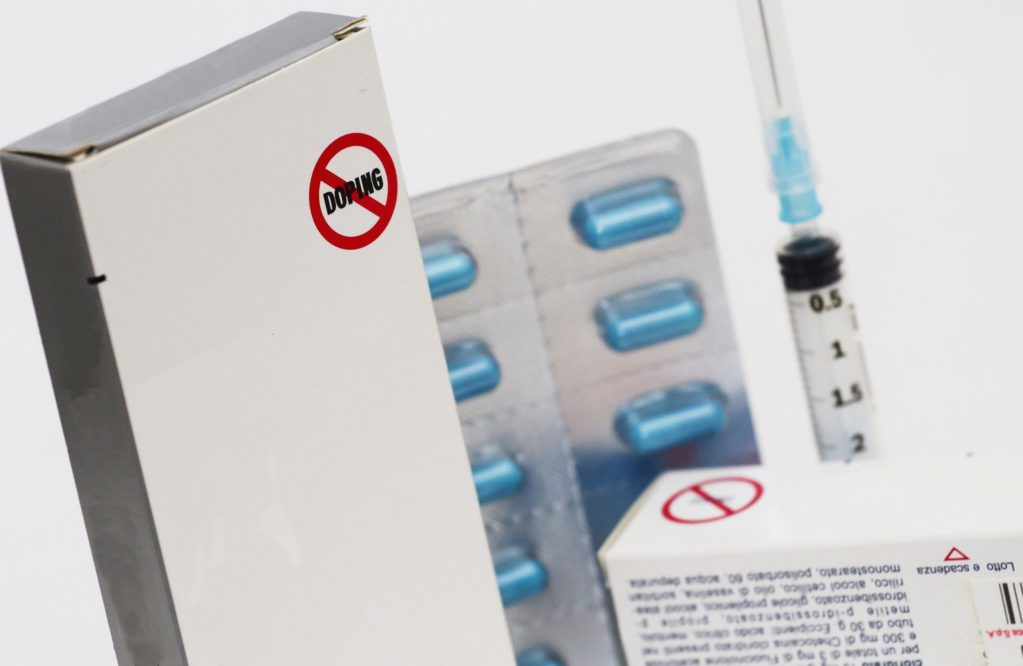Today’s anti-doping mantra is less about fighting the war on doping than it is about protecting those that matter in the world of sport from doping behavior: the clean athletes.
Eighteen months ago, the world’s anti-doping community met in Johannesburg to agree a new way forward for clean sport; an improved set of rules that would aid world sport in its bid to be clean. The rules, which came into effect at the start of this year, had the full backing of the people they are specifically designed to serve: the world’s athletes. After all, it is the clean athletes that are directly affected when another athlete chooses to dope; and, furthermore, it is the public who are robbed of true, fair sport when an athlete chooses to dope. Doping is not something any of us want to see.
Too often, when a doping scandal rears its head, people turn to sport for an immediate solution. Ever since we have had a collaborative global response to doping – through the World Anti-Doping Agency (Wada) – it has been the responsibility of both sport and governments to take action. As an athlete and someone that is widely involved in anti-doping through the Wada Athlete Committee, I can see only too clearly the areas where governments and sport should act.
Sport is a hugely lucrative business. The win-at-all-costs mentality that pervades all areas of society is particularly evident in sport, and it is through this prism that we often forget just how far some athletes will go to win. Often these athletes have huge influences around them; doctors, coaches or other members of their personal entourage influencing them in the wrong way. With sport as profitable as it is in this day in age, these entourage members have large financial incentives linked to an athlete’s success.
Wada, and the sporting and anti-doping organizations practicing its global anti-doping rules, can do a great deal to help maintain a level playing field. We run education and awareness programs; provide tools and courses on why doping is not the right course of action; and conduct innovative science and social science research that keep the clean sport movement one step ahead of the cheats. These are but a few ways that Wada and its signatories do their part, but they cannot do it all. It is the governments of the world – through the UNESCO international convention against doping of which they are parties – that have the power to touch areas that sport cannot reach. Sport needs the active participation of governments in order to push anti-doping higher up the agenda.
Loading...
Doping and its impact on public health is one area of increasing concern. Drugs are being illegally produced, trafficked and distributed across the world and, ultimately, getting into the hands of athletes and members of the public, too. If governments could introduce laws and penalties to stop this, there would be less risk of these dangerous substances reaching those playing elite and, increasingly, non-elite level sport.
There is also the matter of dietary supplements. We are hearing more and more about youngsters, and those working out in gyms and practicing sport at an amateur level, using supplements. We are seeing this problem become more normal in society, which is a huge worry. The supplement industry is a global industry and not something that Wada, nor sport, can tackle alone. If governments took appropriate action to regulate the supplement industry, it would be a huge stride in the right direction.
Above all, what is needed is better education. The tools are there to help educate athletes – and aspiring athletes – about the dangers of doping. Education is an area that is well emphasized for sport and anti-doping organizations to practice in the revised World Anti-Doping Code. Education needs to cover all matters, from the dangers associated with doping, to athlete rights and responsibilities when it comes to anti-doping, and preventative educational measures that explain to future generations why doping is the wrong option.
In Africa, we know that there are big challenges and opportunities for governments to deal with – health systems, housing crisis, poverty, inequality, unemployment, education, (socio-political realities), war and famine – but we shouldn’t forget what a powerful magnet sport is for society. Sport, and its fair play values, binds us together like nothing else. It is only with the support of governments that we can maintain the sporting values we all hold so dear.
Loading...
